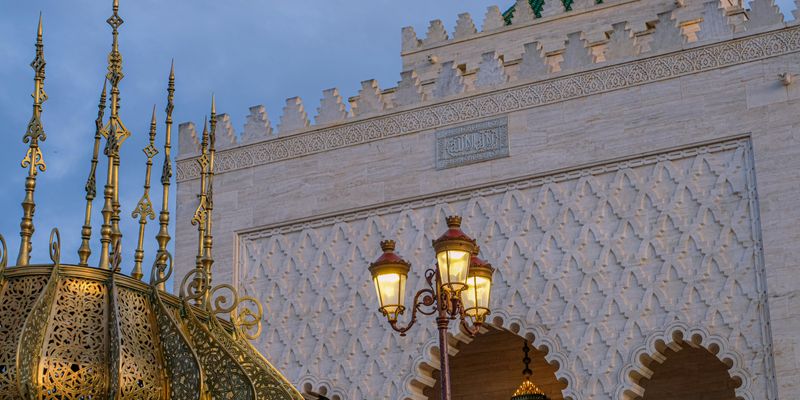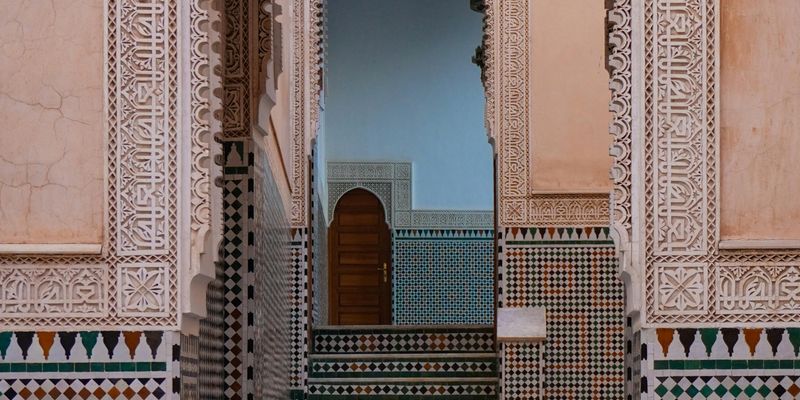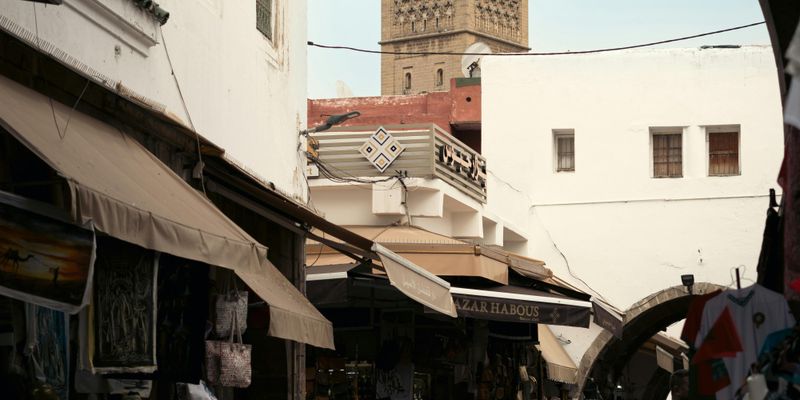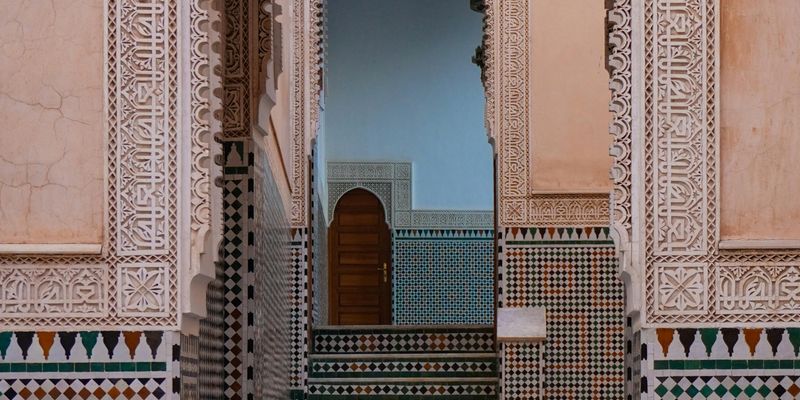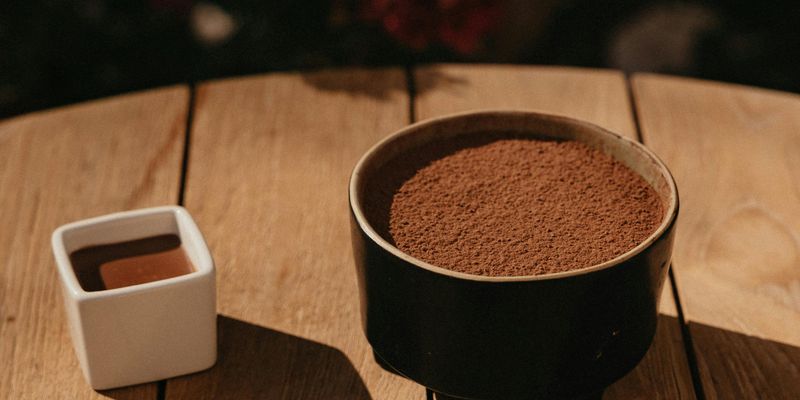
Why Moroccan Cuisine is a Love Letter to the Senses
When you think of Morocco, your mind may wander to bustling souks, intricate mosaics, and the vast Sahara desert. However, one of the most delightful aspects of this enchanting country is its exquisite cuisine. Moroccan dishes are not just meals; they are a celebration of life, culture, and a myriad of flavors that intertwine to create a sumptuous symphony for the palate.
The Essence of Moroccan Flavor
Moroccan cuisine is often described as a blend of Berber, Arab, and Mediterranean influences, making each dish a unique representation of the diverse cultures that converge in this beautiful land. Spices such as cumin, cinnamon, saffron, and harissa (a spicy chili paste) play starring roles, working harmoniously together to offer unforgettable tastes. My favorite? The aromatic spice blend known as ras el hanout, which literally means 'head of the shop', used in everything from tagines to couscous, is a staple that brings warmth and depth to every bite.
A Culinary Tour
Visiting Morocco, you can embark on a culinary tour that takes you from the bustling medinas of Marrakech to the coastal city of Essaouira. Each region boasts its specialties. In Marrakech, you must try tagine, a slow-cooked stew named after the conical earthenware pot it’s prepared in. The lamb tagine with apricots is my personal favorite; the balance of sweet and savory is pure magic!
As you head to the north, the seafood dishes become prominent. The freshness found at the port of Essaouira offers fantastic grilled fish seasoned with local herbs and spices - an absolute must for any food lover. Don’t forget to indulge in a warm piece of briouat, a sweet pastry filled with almond paste, as a perfect end to any meal.
The Ritual of Tea
No exploration of Moroccan cuisine is complete without experiencing the famous Moroccan mint tea, or atai. The preparation itself is a ritual: green tea is brewed with spearmint and sugar, poured from a height to create a delightful froth—this is hospitality at its finest. Sharing a pot of atai with a friend is more than just a drink; it is an invitation into the heart of Moroccan culture.
A Cultural Journey
Sharing food is deeply woven into the fabric of Moroccan life, signifying friendship, warmth, and community. Meals are often enjoyed family-style, where each person shares from a communal plate. This not only fosters connection but also elevates the dining experience into something truly special.
Beyond the flavors, every dish tells a story—each spice a memory, each ingredient a tribute to the land and its people. Moroccan cuisine is a living legacy that keeps alive traditions passed down through generations.
Conclusion
In conclusion, Moroccan cuisine is truly a love letter to the senses, inviting you to explore a world where every bite speaks volumes about heritage and culture. Whether you're savoring a fragrant tagine in a traditional riad or enjoying a rooftop sunset while sipping mint tea, you'll find that the culinary experience is one of the most compelling reasons to visit Morocco. With every dish, you'll taste the heart and soul of a land rich with history and tradition.
